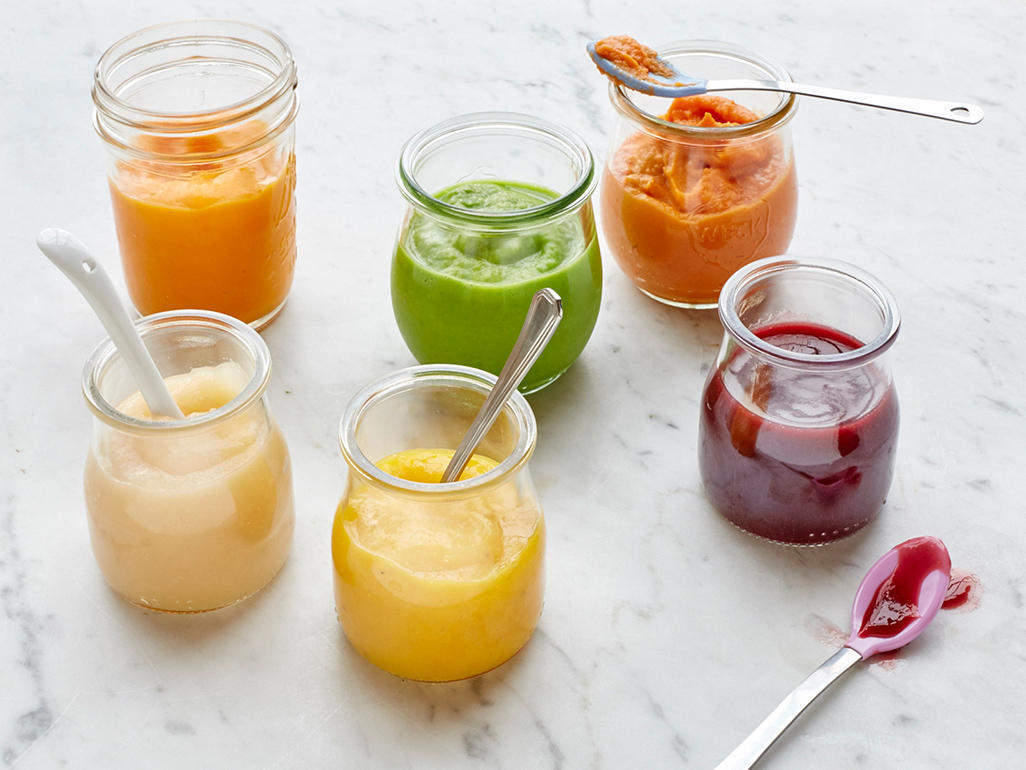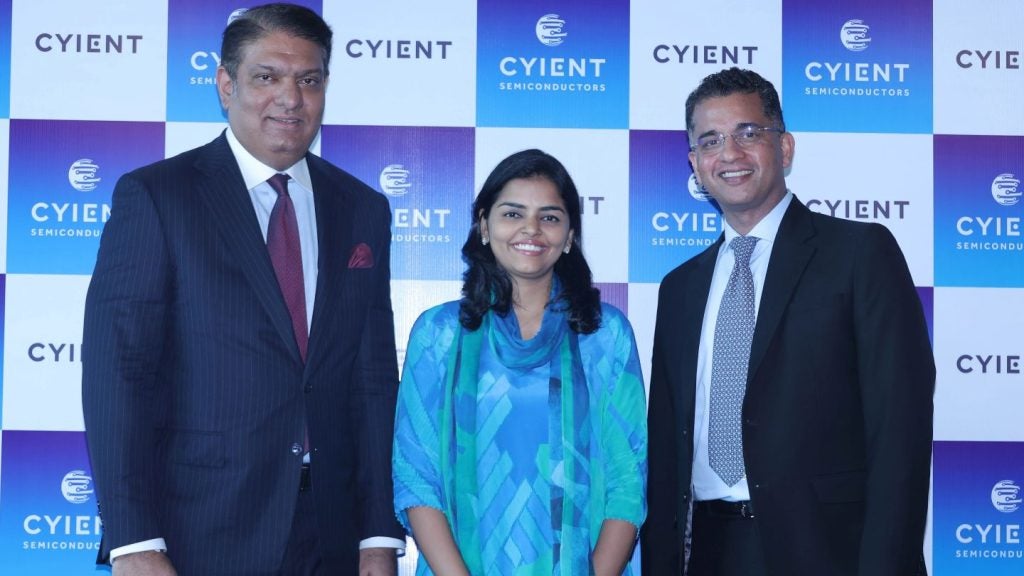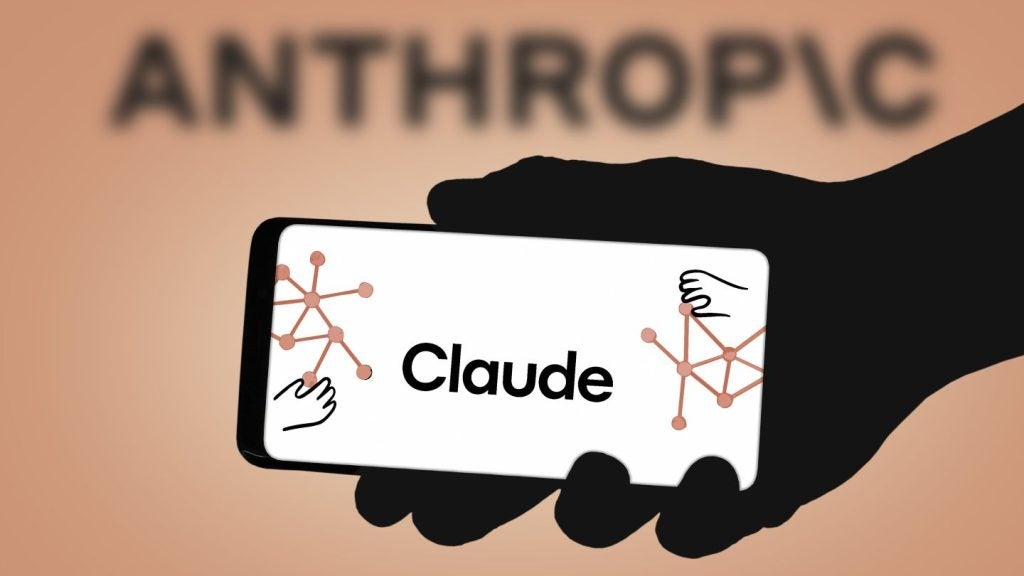And, yep, you guessed it — It’s Nestle.
Nestle, one of the world’s largest food companies, could be once more looking at acquiring Mead Johnson Nutrition (MJN), one of the world’s biggest baby food producers.
Rumours of a possible takeover of Mead Johnson by one of its leading rivals have abounded over the last few years, and early in 2016 it was reported that both Nestle and Danone had hired investment bankers to look into a possible acquisition. MJN’s shares at that time were relatively cheap following its disappointing third quarter 2015 results.
Even if Nestle sells off smaller businesses in the countries where competition issues arise, including China, the combined operation would still have over 30 percent share of the world’s baby food market, and would be more than twice the size of its nearest rival Danone.
The market clearly thinks there is some potential, with MJN’s shares rising by five percent to $75.25 on the news.
Why now?
The timing of the latest rumour is significant, as it comes shortly after Danone’s $12.5bn purchase of the WhiteWave business, leaving Danone’s coffers depleted, reducing the likelihood of a bidding war between the arch-rivals in the baby food sector.
Although MJN’s share price rallied from its January 2016 low of $69.74, reaching $91.86 in July, the company has continued to announce disappointing results and by 13 January this year, its share value dropped to $70.39, making it once more a very attractive target.
Nestle and Mead Johnson are the top two players in the global infant formula sector, with a combined share of almost 40 percent. However, the two companies have significant geographical overlap, especially in North and South America and Asia, which would probably require substantial divestment.
Where are the two companies biggest?
In Mead Johnson’s domestic market of the US, the two companies would hold a combined share of over half the market, and would be even more powerful in Canada.
Nestle is already dominant in Latin America, and the addition of Mead Johnson’s business would give it two thirds of the regional market; competition authorities are likely to require remedies in the key markets of Brazil, Mexico, Argentina, Chile, Colombia, Peru and Venezuela.
In Asia, divestments would probably be required in Hong Kong, the Philippines, Taiwan, Thailand and Singapore.
While the merged Nestle/MJN operation in China would hold less than a third of the market, this would place it well clear of all other players in this key market, and the Chinese authorities may not look kindly upon a single foreign supplier having such a strong position, at a time when they are trying to encourage the creation of strong local manufacturers in the infant formula sector.
If it goes ahead with the acquisition, Nestle may well choose to hold onto the Mead Johnson brands in the countries where they are stronger than the Nestlé business.
Whichever route it takes, there will be rich pickings available to other global players, with Danone and Abbott both likely to be keen to take advantage, although competition issues could arise in many of the countries for these too, and Nestle may be reluctant to do business with either of them.
It has a track record of doing deals with South African company Aspen, which acquired the parts of the Wyeth business that Nestle was forced to divest, and Aspen would no doubt relish the opportunity to expand its activities, although the Latin American markets would again potentially face competition issues.







